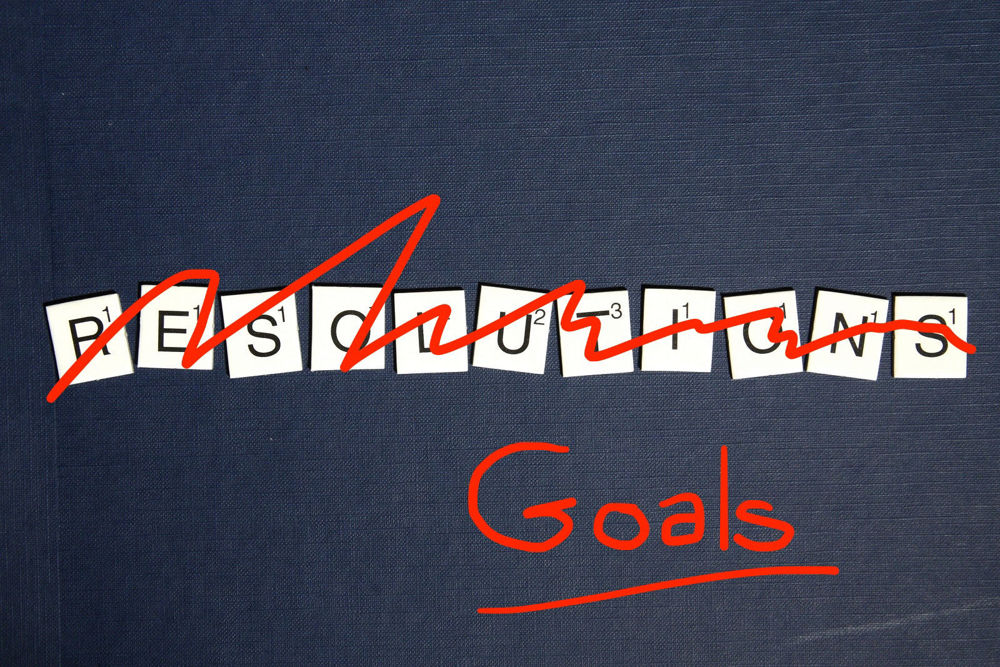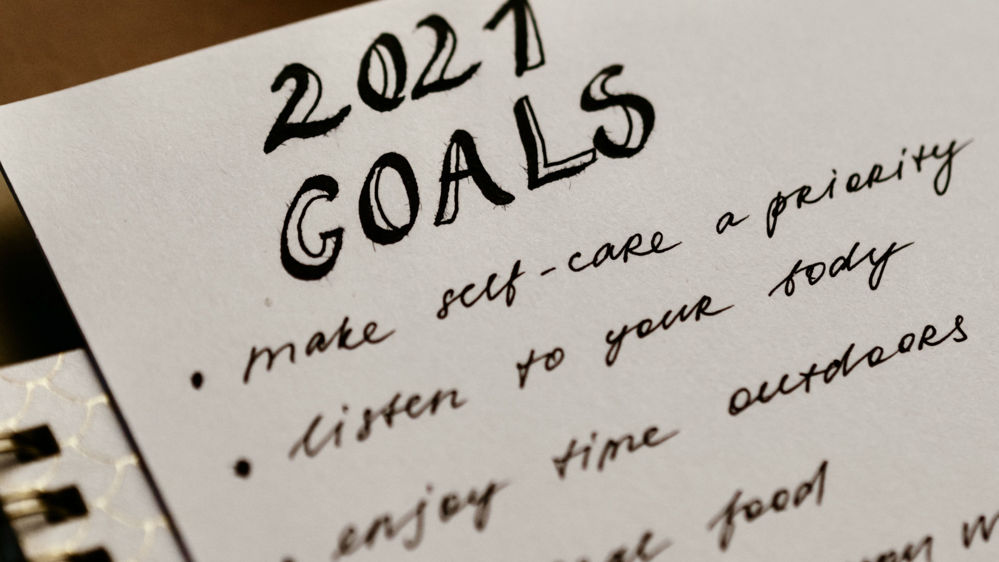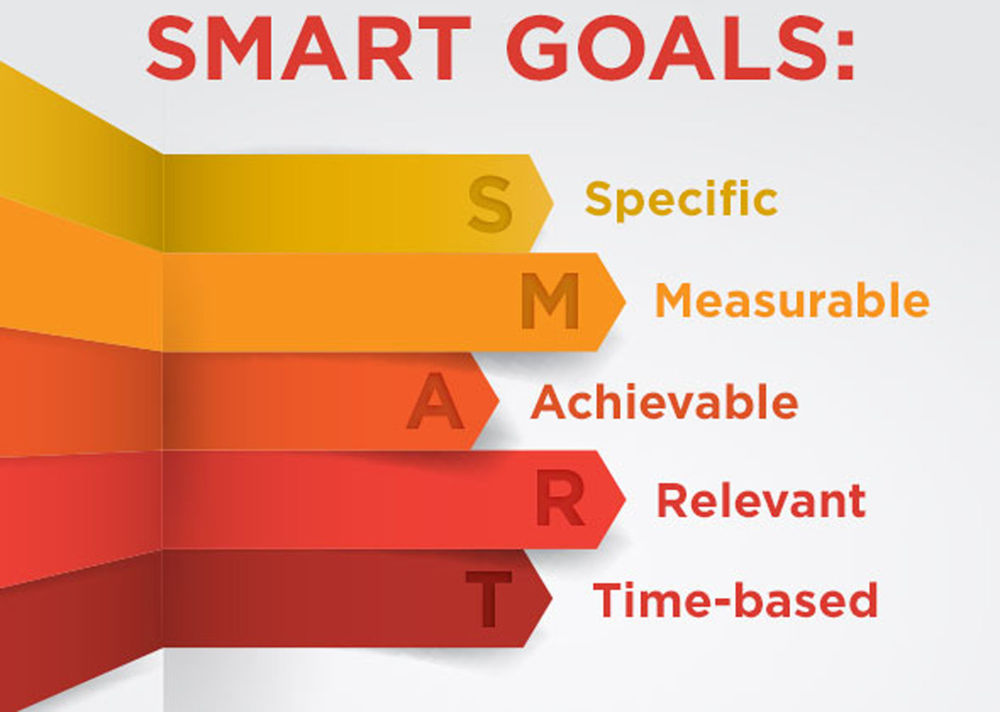
“All right, 2020 was bowling-shoe ugly, but 2021 is gonna be my year. Once that ball drops and everyone yells ‘Happy New Year!’, I’m kicking my New Year’s resolutions into high gear. I’m gonna be unstoppable!
“Well, of course, I’ll probably start everything January 2nd. After all, I was up all night welcoming in the New Year, and I’m tired and hung over. But you’re mine, January 2nd! I’ve got 25 resolutions locked, loaded and ready to go. I’m gonna become a whole new man. No one and nothing’s stopping me this year. I’m…
“Wait, it’s January 2nd? Already? I’m still kinda tired. Actually, I’ve no energy at all. Must be the winter weather or all the holiday craziness catching up to me. Y’know, I can’t even think straight right now. I’ll just give myself the extra day – don’t want to start the New Year by getting sick, right? – and I’ll get started on the 3rd, right after I binge-watch The Mandalorian again. Better yet, make it January 4th. Wait, that’s a Monday and I’ll be slammed at work that day. Let’s set a firm, firm date for Friday, January 8th. Yeah, that’s when 2021 becomes the Year of Me!
“No way, it’s July? Where the hell did the past six months go? Better question, where am I with my resolutions? How many did I make again? Ten, fifteen? Doesn’t matter, I guess, since I haven’t met any of ‘em yet. I not only didn’t lose weight, but I actually gained 10 pounds and added a waist size. I wanted to buy a bike and get out more, but now it’s too hot outside and I just don’t have the energy. Also promised the wife and I would be more romantic and go away somewhere, but money’s tight and my drive is loose. What’s wrong with me? Why can’t I get moving?”
And on it goes. Before you know it, it’s mid-December and you’re trying to think up a slew of New Year’s resolutions that you will most definitely, almost certainly, pretty positive, somewhat hopeful you’re going to complete. When the clock hits December 31, 11:59 p.m. and 59 seconds, you’re going to commit yourself to another new year of…well, nothing you really wanted to do or are certain to achieve.
Many of us see the New Year as a time for change – or at least a hope for change. It kicks off a month that’s named after Janus, the Roman god of beginnings, endings, transitions, time, passages, gates, doorways and duality. Janus is often shown with two faces, looking backward at the past and forward into the future. So, when the calendar approaches January 1st, we tend to pull a Janus – we take stock of what we accomplished last year, and we set resolutions with the intention of bettering ourselves and our lives in the year ahead. Sounds great…in theory.
The reality is that many of us start out strong, but most of us “resolvers” – actually 77 percent, according to one study[1] – fizzle out within a week or two of starting our pledges to redefine ourselves. When that happens, we then spend an inordinate amount of time lamenting over our self-perceived “failures.” And when such crushing disappointment hits home, you tend to react by giving in even further, looking for some immediate gratification and deciding that you’ll just hate yourself more in the morning.

So, what’s the problem? Is it simply a lack of willpower or commitment? Frankly, no. There can be a number of reasons why your New Year’s resolutions don’t make it to the end of the year. For one thing, the word resolution is not the word you really want to go with. A resolution is a firm decision to do something; it’s inflexible and unyielding, yet it can lack direction in defining the objective or what is realistic achievable. A resolution has an “all-or-nothing” mentality that only adds pressure to what is better suited as a personal goal. Goals are more specific, requiring thought-out action and strategy. Expectations and timelines are clearer, yet not so rigid that you can’t adjust them to stay on track.
For the moment, humor us and go with “New Year’s goals.” Now let’s outline the best ways to determine how you make them. (After that, check out our feature which offers up five goals we believe are worth pursuing.)

1. REAL RESOLUTIONS – OR GOALS – BEGIN WHEN YOU’RE READY
If there’s a surefire way to sabotage yourself from the get-go, then by all means, put that incredible pressure on yourself to start your resolutions smack-dab on January 1. The fact is, you don’t effect change because of a calendar, nor should you. That’s not to say you should put off tomorrow what you can do today. However, when you’re looking to adjust your eating habits, start working out or engage in any type of behavior that’s new, it’s only going to stick when you’re ready to make those changes.
If you think you’re ready in January – for Janus’ sake, we’ll keep to the New Year’s timeline – then great, go for the gold. Otherwise, throw away the calendar. It’s only adding stress you don’t need.

2. KEEP ’EM SHORT
The guy at the start of our story thought up 25 New Year’s resolutions. Ambitious? To say the least. Realistic? Not in the slightest. The more resolutions you come up with, the bigger the mountain you’re setting yourself up to climb. And that makes the inevitable hard fall even harder.
Instead of shooting for the moon, work toward taking several steps forward. Produce a small, set amount of goals that will challenge you, but they’re also doable. Taking on three to five goals for the year is just as impressive as 25, but now it’s also more focused. Spreading yourself thin with too many lofty resolutions only makes it more likely you’ll end the year feeling unsatisfied, disappointed and dejected.

3. GET “S.M.A.R.T.”
“Resolution #1: Lose weight” Uhh…okay?
You know you’re not gonna do that. There’s nothing measurable to work from, and therefore nothing to motivate you toward meeting that goal. To quote inspirational blogger Israelmore Ayvior, “You will achieve nothing if you pursue everything. Be specific and stay focused.” Or, if comedian Steven Wright is more your speed, “I went to a general store, but they wouldn’t let me buy anything specific.” In other words, if your goal is too general, how can you determine success?
During job interviews these days, prospective employers will ask questions that require you to provide concrete examples which demonstrate your skillsets, your experience and your ability to produce results. This is known as the S.M.A.R.T. technique, and it’s very effective. S.M.A.R.T. is an acronym that makes your goals Specific, Measurable, Achievable (or Attainable), Relevant and Timely. And there’s no reason why you can’t employ such a tool when you’re defining your goals for the year ahead.
Let’s revisit that aforementioned resolution to lose weight, but this time let’s be S.M.A.R.T. about it:
- Lose 30 pounds by June 30 (Specific)
- Build toward walking 8,000 steps daily and track progress with my smartwatch (Measurable)
- Aim to lose 1 to 2 pounds every week (Achievable/Attainable)
- Losing 4 to 8 pounds in a 30-day period will bring me closer to my main objective; my stamina and energy will also improve (Relevant)
- Reassess success of main objective after every 30-day period, adjust as needed (Timely)
Much more organized, right? Identify your steps to success, and you’ll find yourself walking toward it far more often.

4. WRITE ’EM DOWN – YOUR GOALS AND YOUR ACHIEVEMENTS
Not to keep picking on the guy at the start of this article, but he came up with 25 New Year’s resolutions, then couldn’t even remember how many he made. Time management guru David Allen is a huge proponent of doing what he refers to as a “core dump.” Now, he’s referring to pretty much anything you’re trying to accomplish, so let’s pare it down – writing down your “to-do” goals for 2021 on paper makes them more tangible.
This doesn’t just apply to your goals. Write down your strategies and your progress as well. That way, you’re producing visible evidence of what you’ve accomplished. By doing so, you’re also providing some motivational fuel for those times you worry that you’re failing or falling short of the mark.

5. STOP AND BE HONEST: WHY ARE YOU REALLY DOING THIS?
When we make resolutions, we often do so because of the duress we place on ourselves to meet or conform to others’ expectations of us. Do you want to lose weight because you want to? Or are you concerned about how you’re perceived by others, or someone you know keeps pointing out that you’ve added some poundage?
If you’re not in this game for yourself, you’ve already lost. No one else’s opinion of you should matter more than your opinion of yourself. Make goals for your own wellbeing and betterment, and you’ll find them a lot easier to attain. (And much more satisfying when you’ve done so.)
All right, we’ve given you some ideas as to how to organize your New Year’s goals. Now it’s time for you to decide what your goals will be. Let Peak help you with that part of the planning process with our five recommended goals we think are worth setting.
FOLLOW US ON FACEBOOK, INSTAGRAM, TWITTER AND YOUTUBE
References:
[1] Norcross JC, Vangarelli DJ. The resolution solution: longitudinal examination of New Year's change attempts. J Subst Abuse. 1988-1989;1(2):127-34. doi: 10.1016/s0899-3289(88)80016-6. PMID: 2980864.
